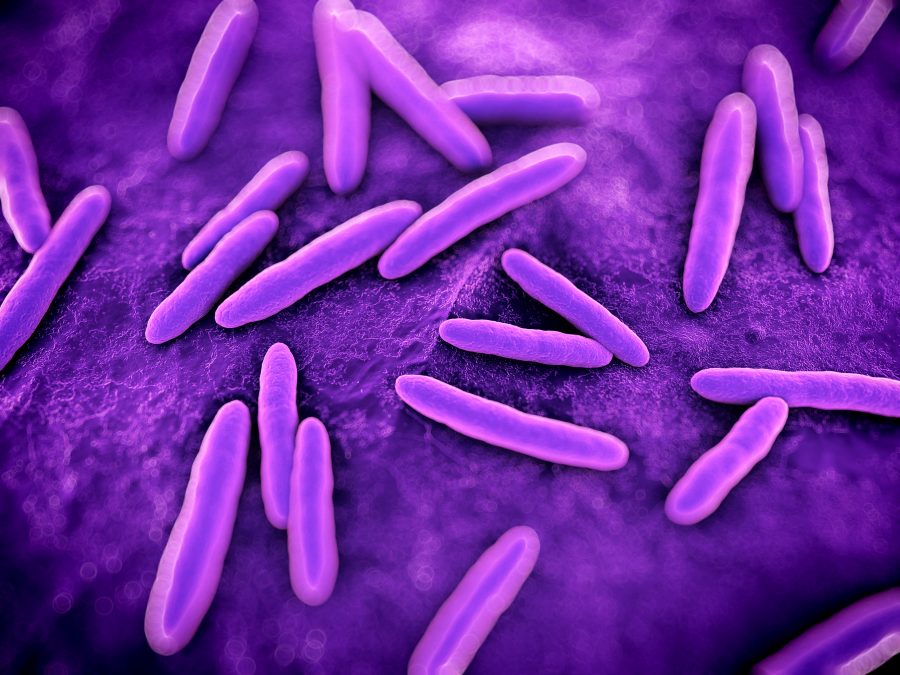The development of allergies is becoming more and more common. The same goes for sensitivities to foods, chemicals and environmental factors.
Our immune system and cellular tissue can become compromised due to inflammatory responses from the mechanisms of each reaction – especially through responses from sensitivities.
Here’s a little more information on the what and why of allergy and sensitivity testing – from an ND’s perspective.
Allergy
A type 1 hypersensitivity reaction is an immediate release of histamine by IgE antibodies when exposed to an allergen. This type of allergy shows up quickly and sometimes with life-threatening symptoms such as swelling of lips or face, difficulty breathing and anaphylactic shock. The cause of the reaction is usually quite clear such as peanuts and shellfish.
Immune complex disease
A type 3 hypersensitivity is mediated by IgG antibodies. This type of process antibodies bind to antigens and there is a gradual formation of antibody-mediated complexes (immune complexes) that can deposit in tissues and joints. Over time, this can lead to chronic inflammation, which can lead to an array of varying delayed onset of symptoms, like headaches, migraines, irritable bowel syndrome, asthma, joint pain, eczema, fatigue and many other health concerns.
Allergy testing
type 1 hypersensitivity
Skin prick testing determines type 1 hypersensitivity, usually done through your medical doctor, where a purified allergen is injected just below the skin to produce a controlled reaction. This process usually tests for allergies like pollen, dander, dust mites, pet dander or certain foods.
If there is a known IgE reaction, foods that are causing an anaphylactic reaction must be avoided indefinitely.
type 3 hypersensitivity
Food Sensitivity testing exists to determine type 3 hypersensitivity reactions. It is a blood test done in a lab and usually requisitioned by a naturopathic doctor. This type of test can detect sensitivity for over 200 specific foods as well as yeast overgrowth (Candida albicans). It measures the food-specific IgG antibodies found in the blood.
The test may also reveal high levels of IgG antibodies to food that you never or rarely eat, but the same proteins can exist in multiple foods and this is explained by the test results. ‘Treating the root cause’ is one of the foundational naturopathic principles. From an ND’s perspective, testing is beneficial in knowing what the culprit is that is causing the IgG reaction.
Environmental allergens, however, are not so easily avoided. Developing preventative lifestyle methods such as introducing a high-quality air purifier in the house, cleaning dust & pollen laden surfaces, and closing windows, especially during the night, when pollen release is at its highest, can be helpful.
However, when it comes to foods that are causing a type 3 hypersensitivity reaction, a more preventative approach can be taken. First, removing the offending food(s) for a lengthy period of time is a must. Using substances to heal the gut and support the body’s digestive system while promoting proper elimination is the next step (see list below).
An intensive healing protocol, known as the Four R’s (remove, replace, repair and reinoculate is often used if the intestinal wall has been compromised due to ongoing inflammation from sensitivities).
Depending on the severity of the sensitivity and the tissue damage it may have caused, integration of the original foods that were eliminated may be slowly reintroduced while monitoring symptoms.
Key therapies in practice
L-glutamine is an amino acid that repairs cells when damage has occurred from food sensitivities, like inflammation. This inflammation can create spaces between the cells in the gut which allow for bacteria, food and toxic by-products to enter the bloodstream and cause subsequent ailments.
Vitamin C acts as a natural antihistamine in high doses and helps strengthen the immune system by increasing white blood cells, improves the linings of mucous membranes to reduce pollen and other airborne allergens. Vitamin C can be easily be taken just before bowel tolerance (at the point it causes diarrhea) to make sure maximum absorption and benefit have occurred.
Probiotics like CanPrev’s Pro-Biotik 15B, help strengthen the immune system by reducing inflammation and keep toxins moving through the system and out through the bowels efficiently.
Antioxidants like vitamins A, C, E, Zinc, Selenium, and CoQ10 and N-Acetyl-cysteine are key at providing phase 1 and phase 2 in the liver with the nutrients it needs to process allergens efficiently so they can be eliminated through the colon.
Omega 3 fatty acids have an amazing anti-inflammatory effect, thus calming down the symptoms associated with allergies but also improving the immune system at the same time.
Detoxification is very important for chronic allergies, such as seasonal, asthma and hives, and is an area I usually begin with when developing a patient’s treatment plan that will properly address their allergies. This approach not only helps with treating the current symptoms but also addresses the root cause of improving the functioning of the elimination organs to reduce overall allergenic potential.
This, in turn, allows food and toxins to be processed properly, reducing toxic buildup from waste particles from inflammatory reactions.
Using supplements to support liver health, such as CanPrev’s Detox Pro, can ensure the liver has the nutrients it requires to neutralize toxins and get them out of the body. Along with eating a healthful anti-inflammatory diet, lots of water and fiber are all essential to enhance these detoxification systems, improve one’s immune response and decrease food sensitivities and allergy symptoms.
Visit Dr. Laura Anderson ND online: http://www.lauraandersonnd.com/
Find a naturopathic doctor by visiting this link: http://www.findanaturopath.com/







Leave A Comment